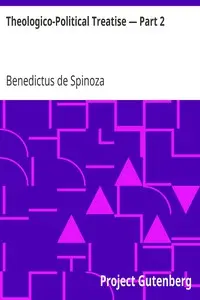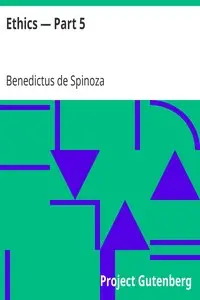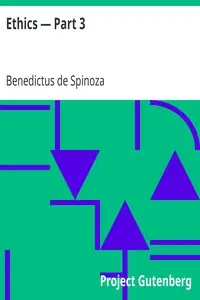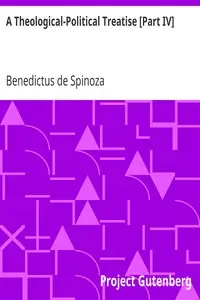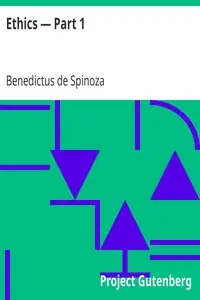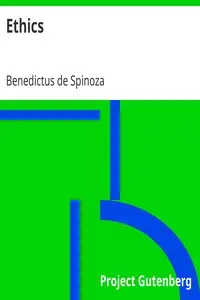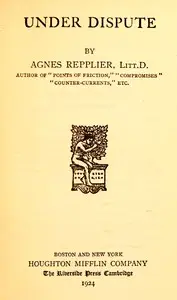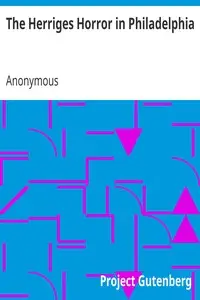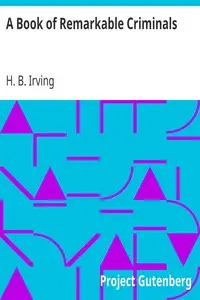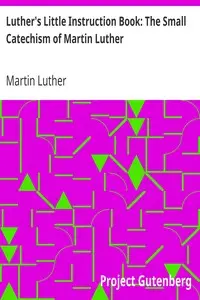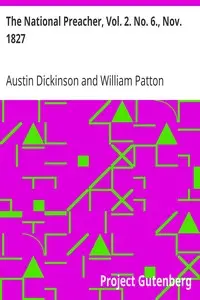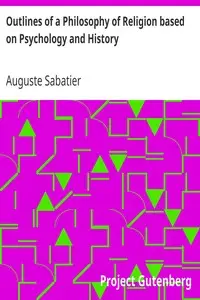"Ethics — Part 2" by Benedictus de Spinoza is a philosophical treatise written during the 17th century that delves into metaphysical inquiries regarding the nature and origin of the mind. This part of the work builds upon the foundational concepts established in the first section, particularly the essence of God and the interrelation of thought and extension. The text methodically explores the nature of human thought in relation to divine intellect, emphasizing the significance of understanding the mind's essence and its relationship to the body. The opening of "Ethics — Part 2" introduces a series of definitions and propositions that reflect Spinoza's geometric method of demonstrating philosophical arguments. It begins with a preface that underscores the necessity of examining concepts that stem from God's essence. Spinoza defines key terms such as 'body', 'idea', and 'adequate idea', establishing a framework to assert that thought is an attribute of God and that the human mind, as a mode of thought, perceives reality through the ideas shaped by its interaction with the body. The text suggests that the human mind is inherently connected to the body, perceiving and understanding through the modifications that arise from their interaction, setting the stage for deeper explorations of consciousness, knowledge, and perception in subsequent propositions. (This is an automatically generated summary.)
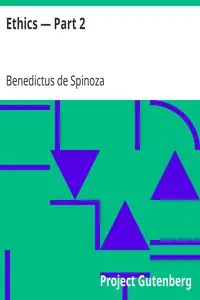
Ethics — Part 2
By Benedictus de Spinoza
"Ethics — Part 2" by Benedictus de Spinoza is a philosophical treatise written during the 17th century that delves into metaphysical inquiries regardi...
Genres
Released
1997-05-01
Formats
epub3 (images)
mobi (images)
epub
mobi
epub (images)
Free Download
Overview
About the Author
Baruch (de) Spinoza, also known under his Latinized pen name Benedictus de Spinoza, was a philosopher of Portuguese-Jewish origin. A forerunner of the Age of Enlightenment, Spinoza significantly influenced modern biblical criticism, 17th-century rationalism, and Dutch intellectual culture, establishing himself as one of the most important and radical philosophers of the early modern period. Influenced by Stoicism, Thomas Hobbes, René Descartes, Ibn Tufayl, and heterodox Christians, Spinoza was a leading philosopher of the Dutch Golden Age.
Total Reviews
10.0k
Total reviews from Goodreads may change

